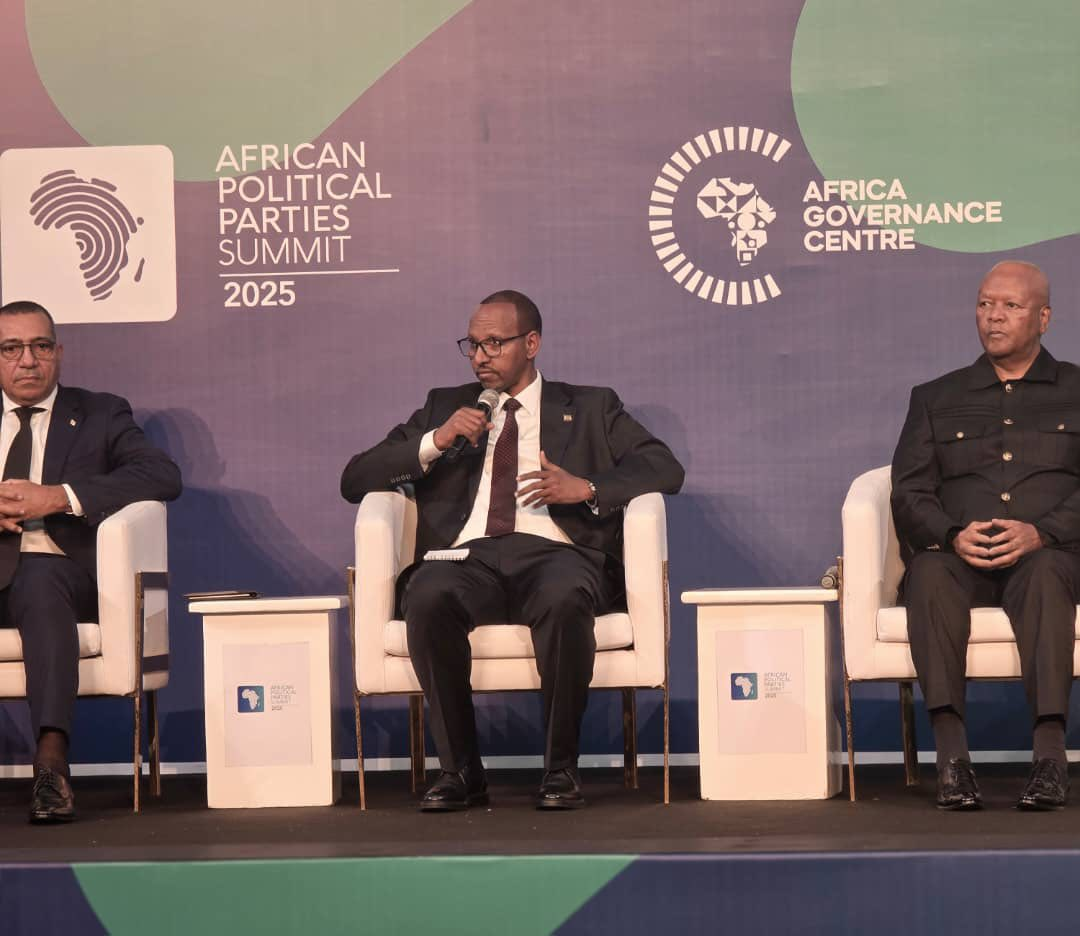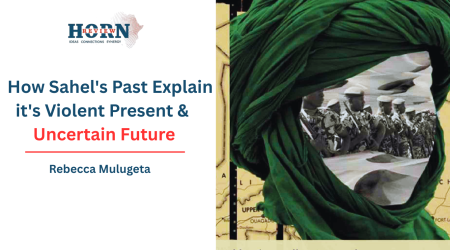
2
Sep
Shaping Africa’s Political Future: Ethiopia at the 12th African Political Parties Summit
The 12th African Political Parties Summit convened at the Accra International Conference Centre in Ghana, bringing together delegates from more than one hundred political parties representing over fifty nations across Africa and the Caribbean. Held under the theme “From Politics to Prosperity: Strengthening Inter-Party Collaboration for Africa’s Development and Economic Transformation,” the gathering provided a critical platform for dialogue, consensus-building, and inter-party cooperation aimed at deepening democratic governance and driving continental transformation (Ghana News Agency).
The choice of Accra as host city carried profound historical resonance, not least because of the longstanding ties between Ethiopia and Ghana within the Pan-African movement. This bond reaches back to the formative era of African independence, when Emperor Haile Selassie I and Kwame Nkrumah laid the intellectual and diplomatic foundations for unity. The 1958 Conference of Independent African States, convened by Nkrumah in Accra with Ethiopia among the few independent nations represented, marked the institutional emergence of Pan-Africanism and positioned both countries as co-architects of Africa’s political awakening (Ethiopian Crown). That momentum culminated in 1963, when Haile Selassie hosted thirty-two newly independent states in Addis Ababa to establish the Organization of African Unity, alongside Nkrumah and Gamal Abdel Nasser, at a moment that defied global skepticism about Africa’s capacity for unity. Addis Ababa’s selection as host city underscored Ethiopia’s historic role as the continent’s only uncolonized state and cemented its leadership.
Pan-Africanism has since remained central to Ethiopia’s national identity and foreign policy. From welcoming exiled nationalists during the independence struggles to absorbing economic and diplomatic costs in the service of liberation, Ethiopia positioned itself as a guardian of continental dignity and self-determination (The Reporter Ethiopia). This legacy was institutionalized when Addis Ababa became the headquarters of the OAU and, later, the African Union, reinforcing its reputation as the diplomatic capital of Africa (Modern Diplomacy). Ethiopia’s contemporary leadership has continued to build on this heritage by advocating African solutions to African problems, advancing integration, supporting peacekeeping, and promoting initiatives such as the African Continental Free Trade Area.
Prime Minister Abiy Ahmed has sought to translate this history into a contemporary vision. His political philosophy, Medemer (synergy), has shaped both Ethiopia’s domestic reforms and its continental approach to governance and development. His government’s emphasis on economic integration—illustrated by Ethiopia’s early ratification of the AfCFTA (Project Syndicate)—has been paired with a focus on infrastructure connectivity through programs such as the Program for Infrastructure Development in Africa, which he highlighted at PIDA Week 2024 in Addis Ababa. He has also reinforced Ethiopia’s peace and security role by engaging in preventive diplomacy and conflict mediation in line with AU principles (Ethiopian News Agency). These initiatives were underscored by his address to the 38th AU Summit, where he reaffirmed Ethiopia’s commitment to inclusive growth and enhanced cooperation among member states (African Union).
Ethiopia’s participation in the 12th African Political Parties Summit reflected this broader trajectory. Represented by Vice President Ato Adem Farah Head of the Coordination Center for Democracy Building, the Prosperity Party delegation underscored Ethiopia’s intent to anchor continental debates in its own domestic experience of reform and consensus-building. In his keynote address, Adem Farah urged leaders to move beyond zero-sum politics, warning that the continent’s future depends on shifting away from short-term rivalries and power struggles toward inclusive, prosperous, and peaceful governance (Ethiopian News Agency). He presented Ethiopia’s own reform agenda as an illustration of this principle: opposition leaders have been appointed to ministerial positions despite the Prosperity Party’s majority; women now hold half of federal ministerial posts; and youth account for nearly half of leadership positions across government structures. Central to this was Medemer, presented as an effort to replace divisive identity politics with a unifying multinational vision.
The summit itself, attended by high-level leaders including Ghana’s President John Dramani Mahama, Vice-President Jane Naana Opoku-Agyemang, President Carlos Vila Nova of São Tomé and Príncipe, and Vice-President Jeremiah Koung of Liberia, adopted the African Political Parties Initiative (APPI) as a permanent platform for inter-party cooperation and capacity-building. Ethiopia’s delegation emphasized that consensus-building with opposition parties at home illustrates the broader importance of inclusive governance for sustainable development, while its historic role in liberation movements and its status as AU host city reinforce its authority to guide continental dialogue.
Ethiopia’s participation in the Accra summit highlighted its dual identity: as a guardian of Africa’s liberation heritage and as an advocate of its democratic future. The historic partnership with Ghana provided symbolic grounding, while the Prosperity Party’s reforms gave practical weight to its message. By combining the legacy of Pan-African unity with contemporary priorities of economic integration, infrastructure development, and inclusive governance, Ethiopia signaled its readiness to shape Africa’s transition from politics to prosperity.
By Dagim Woldemariam
Sources
African Union. (2025a, February 15). Statement by H.E. Dr. Abiy Ahmed, Prime Minister of the Federal Democratic Republic of Ethiopia at the 38th AU Summit [Speech].
African Union. (n.d.). Pan-Africanist movement and the road to liberation.
Ethiopian News Agency. (2025a, August 13). Accra hosts African political parties summit.
Ethiopian News Agency. (2025b, August 11). Prosperity Party delegation participates in African Political Parties Summit.
Ghana News Agency. (2025, August 12). Ghana to host African Political Parties Summit on August 12.
The Reporter Ethiopia. (2025, August 17). Prosperity Party calls for stronger Pan-African cooperation.










